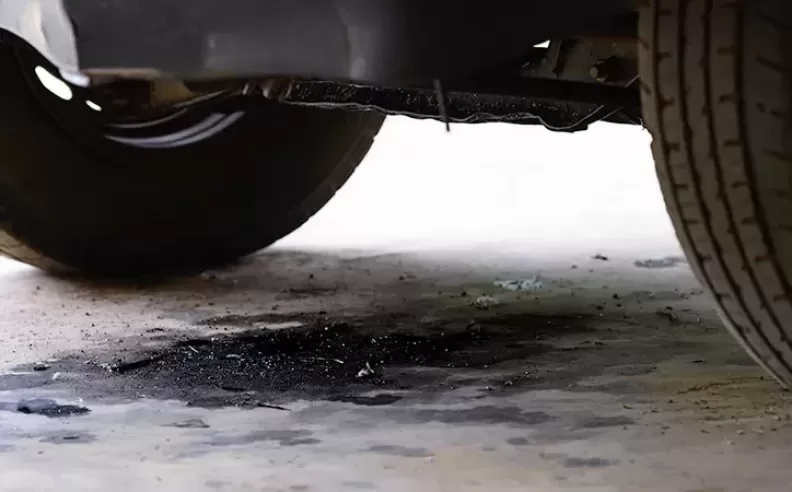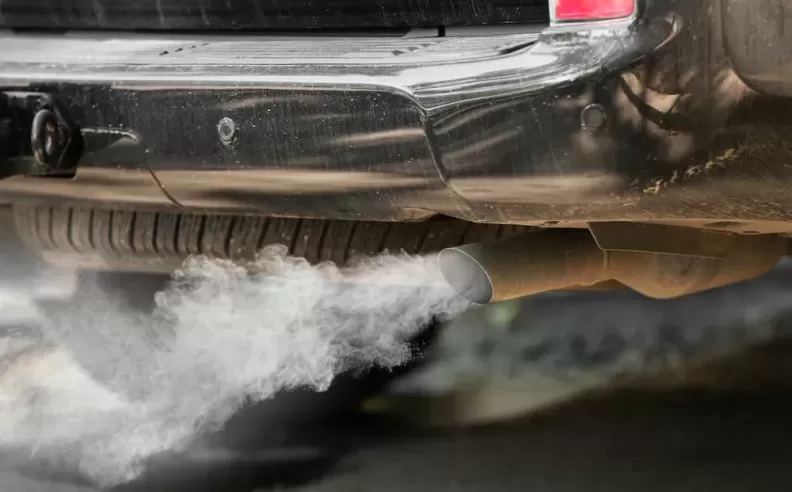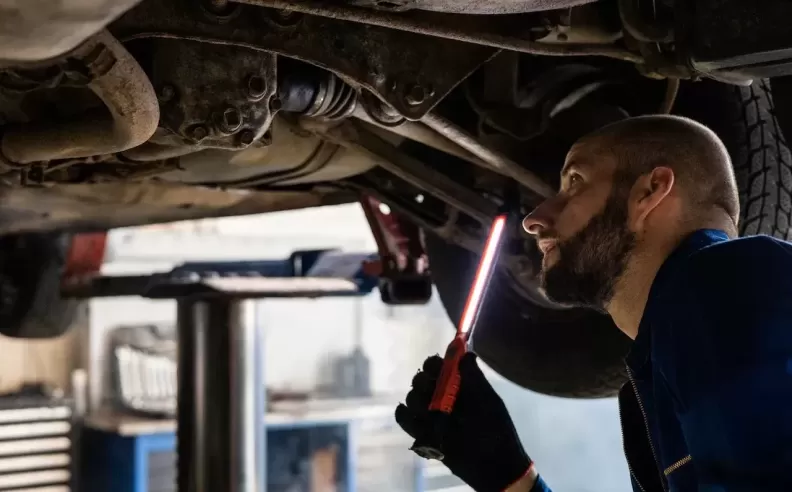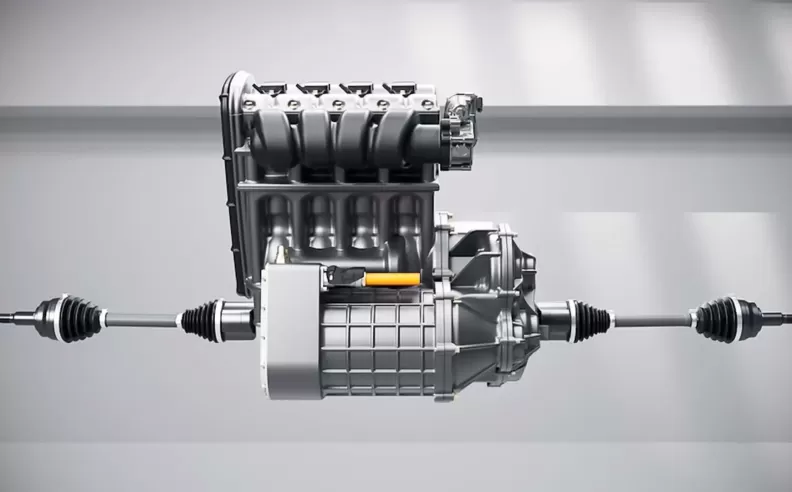
Oil leaks in cars can lead to a range of problems, from decreased engine performance to environmental pollution. Addressing oil leaks promptly is crucial to ensuring the longevity and efficiency of your vehicle. This article will delve into the causes of oil leaks, their potential consequences, and provide practical tips on how to prevent them, thereby extending the life of your car and minimizing its impact on the environment.
Oil leaks occur when the lubricating oil escapes from its designated pathways within the engine. The oil in your car serves as a vital component, ensuring that moving parts function smoothly and remain adequately lubricated to prevent friction-related damage. Leaks can result from various factors, including worn-out gaskets, seals, and improper maintenance practices.

Ignoring or neglecting oil leaks can have severe consequences for your vehicle and the environment:
Engine Damage: Inadequate lubrication due to oil leaks can lead to increased friction between engine components, potentially causing premature wear and tear and reducing the engine's overall lifespan.
Decreased Performance: As the engine's efficiency is compromised, you may experience reduced power, diminished fuel efficiency, and an overall decline in the vehicle's performance.
Environmental Impact: Oil leaks contribute to environmental pollution, as leaked oil can find its way into water sources, soil, and the air. This can harm aquatic life, contaminate drinking water, and damage ecosystems.

Taking preventive measures can significantly reduce the likelihood of oil leaks and promote the health of your vehicle:
Regular Maintenance: Adhere to your car manufacturer's recommended maintenance schedule. Regular oil changes, using the correct oil grade, and replacing worn-out gaskets and seals can prevent leaks from developing.
Inspect Gaskets and Seals: Periodically inspect the gaskets and seals throughout your engine for signs of wear, cracking, or brittleness. Replace these components promptly if any issues are detected.
Avoid Overfilling: Follow the manufacturer's guidelines for oil capacity. Overfilling the oil reservoir can lead to excess pressure, potentially causing gaskets and seals to fail.
Use High-Quality Parts: When replacing gaskets, seals, and other engine components, choose high-quality parts from reputable manufacturers. This can enhance their durability and performance.
Monitor Fluid Levels: Regularly check your vehicle's fluid levels, including oil, coolant, and transmission fluid. Address any unexpected drops promptly, as they could indicate a leak.
Driving Habits: Gentle driving habits can reduce the strain on your engine and its components, minimizing the risk of gasket and seal failure. Avoid rapid acceleration and abrupt braking whenever possible.
Parking Considerations: Park your car on a level surface to prevent excessive strain on the engine components. Avoid parking on slopes or inclines, which can cause oil to pool in one area and potentially lead to leaks.
Oil leaks in cars can lead to serious consequences, impacting engine performance, longevity, and the environment. By adopting a proactive approach to maintenance and adhering to best practices, you can significantly reduce the risk of oil leaks and ensure your vehicle runs smoothly and efficiently. Regular inspections, using high-quality parts, and responsible driving habits all contribute to preventing oil leaks and promoting a healthier, more sustainable automotive experience.

Wael is an automotive content writer specializes in creating written content for Motor 283. Producing a wide range of content, including blog posts, articles, product descriptions, reviews, and technical guides related to cars, trucks, motorcycles, and other vehicles, with an unprecedented passion for cars, and motorcycles.
